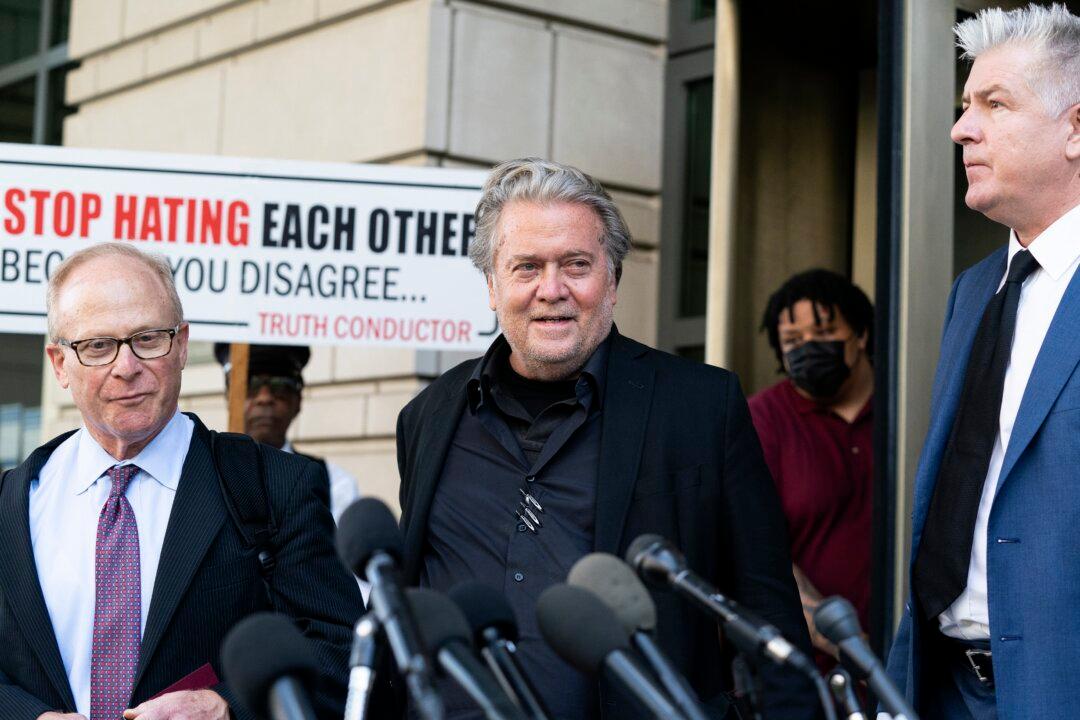Commentary
For better or for worse, Donald J. Trump has come to represent the populist movement in the United States. And as the Biden administration escalates its cold civil war against Trump, and the corporate media against his followers and supporters, a very important question goes unanswered in the noise. Do populists, as represented by the MAGA movement, present a threat to democracy, as the establishment tells us? Or are they actually an expression of the democratic will of a large group of ordinary people?

